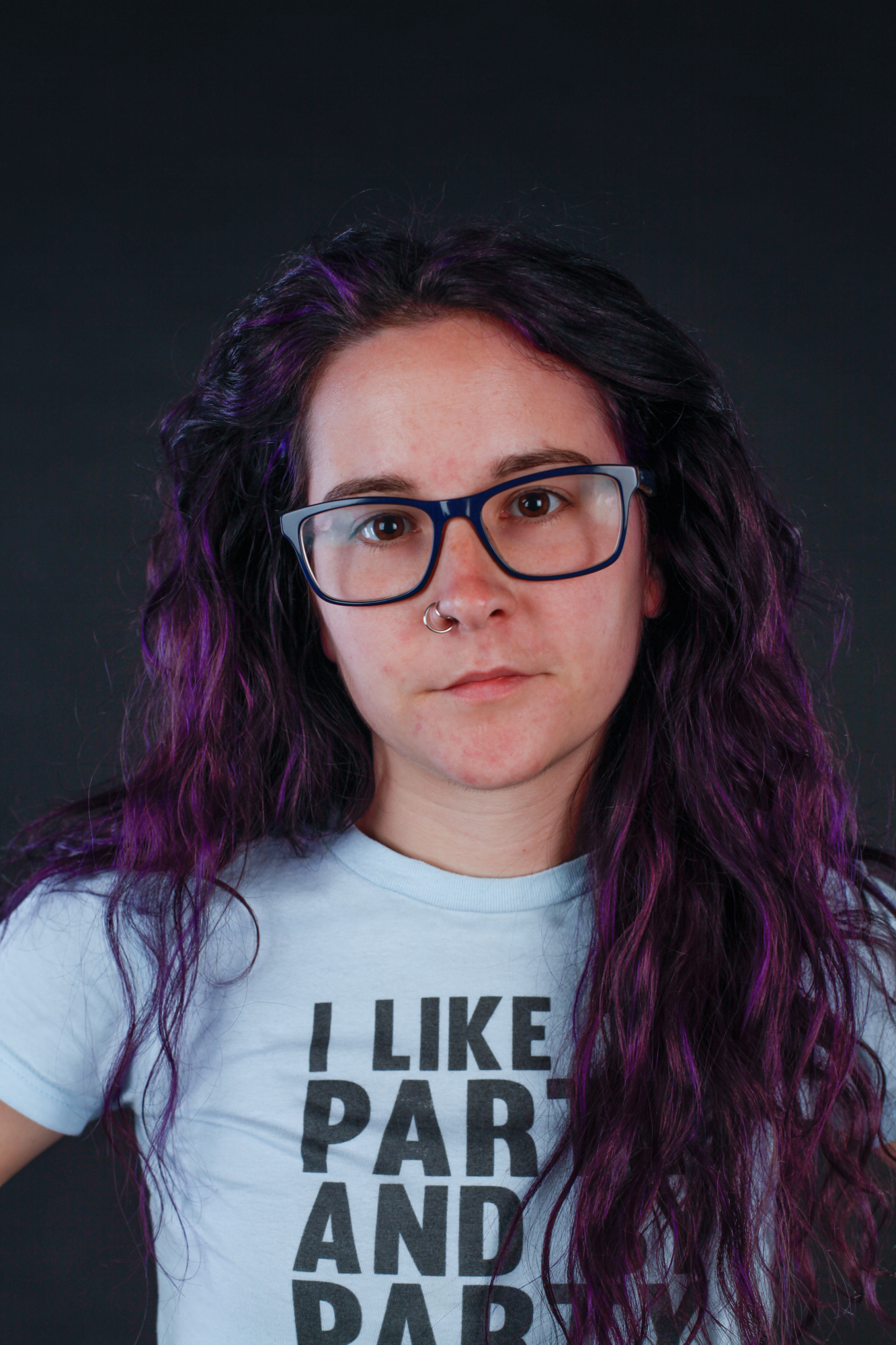
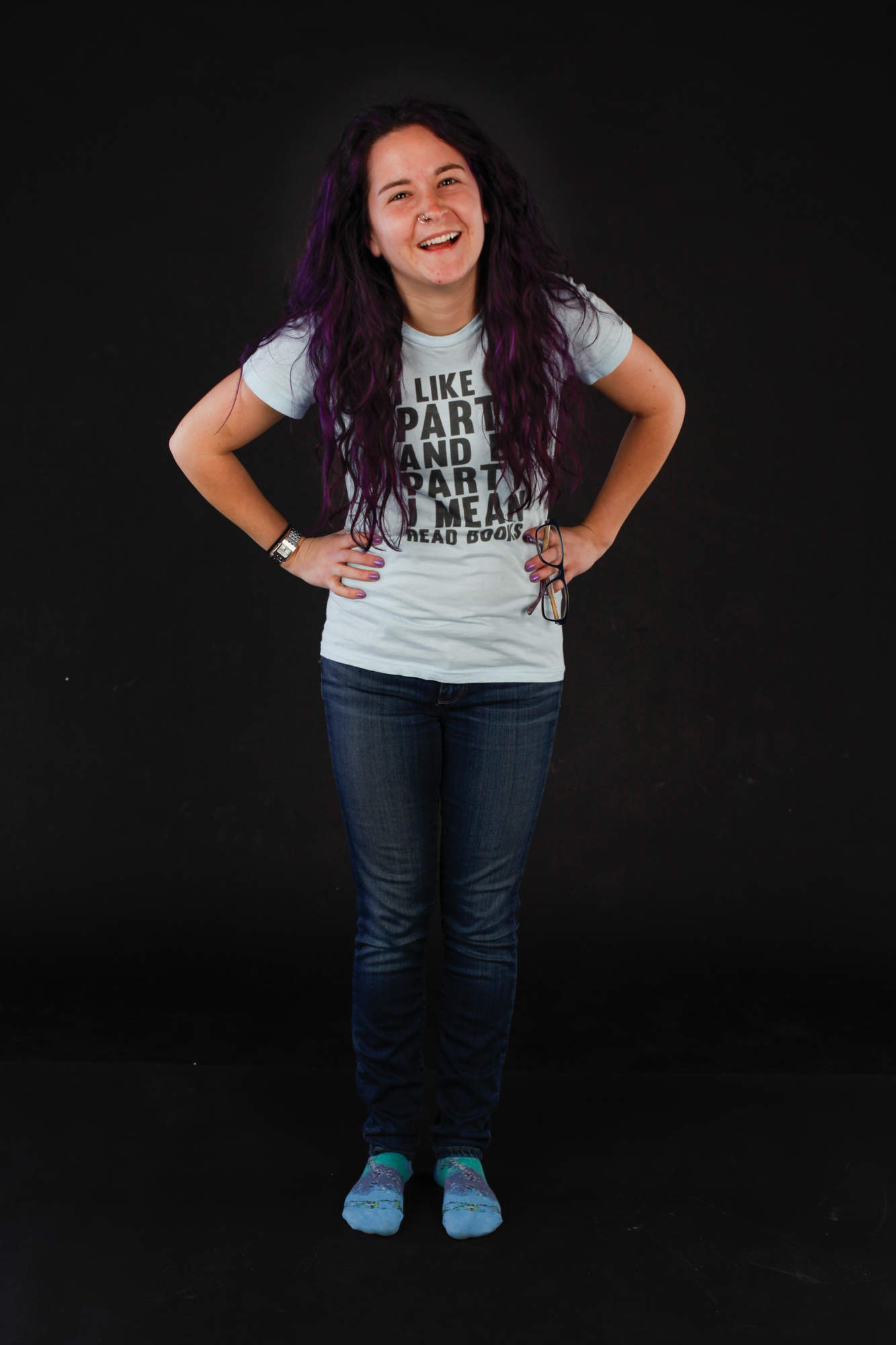
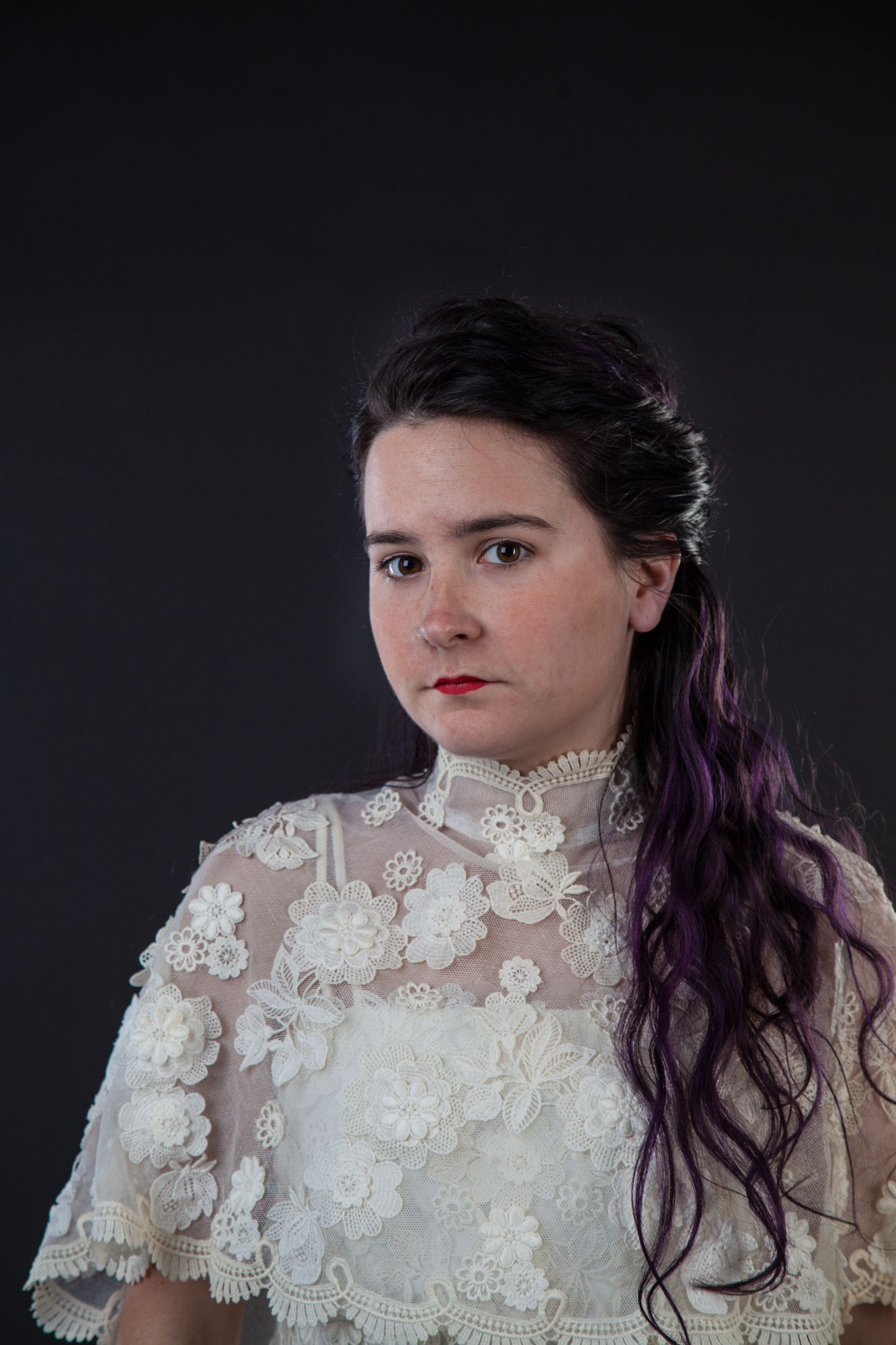
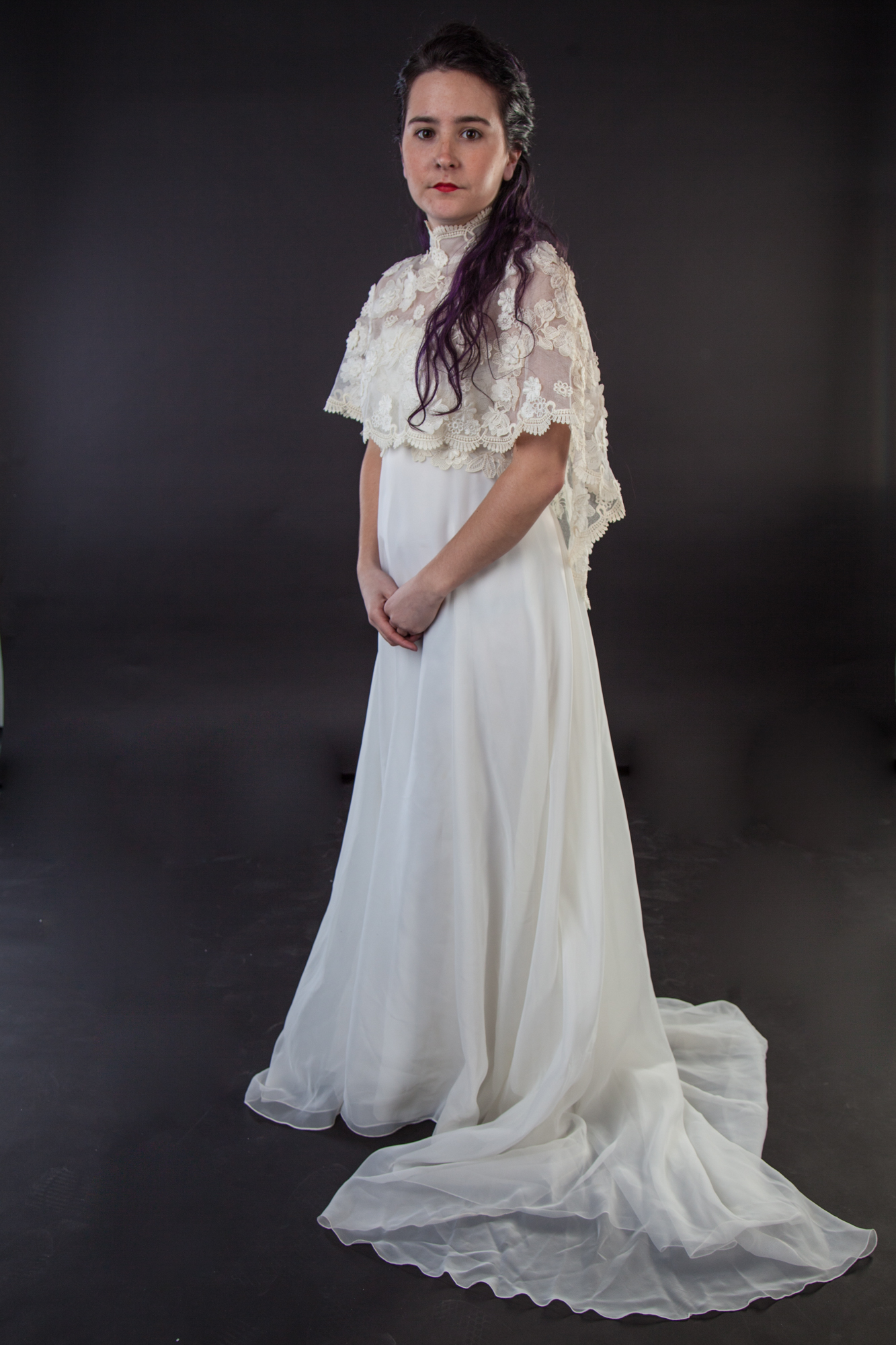
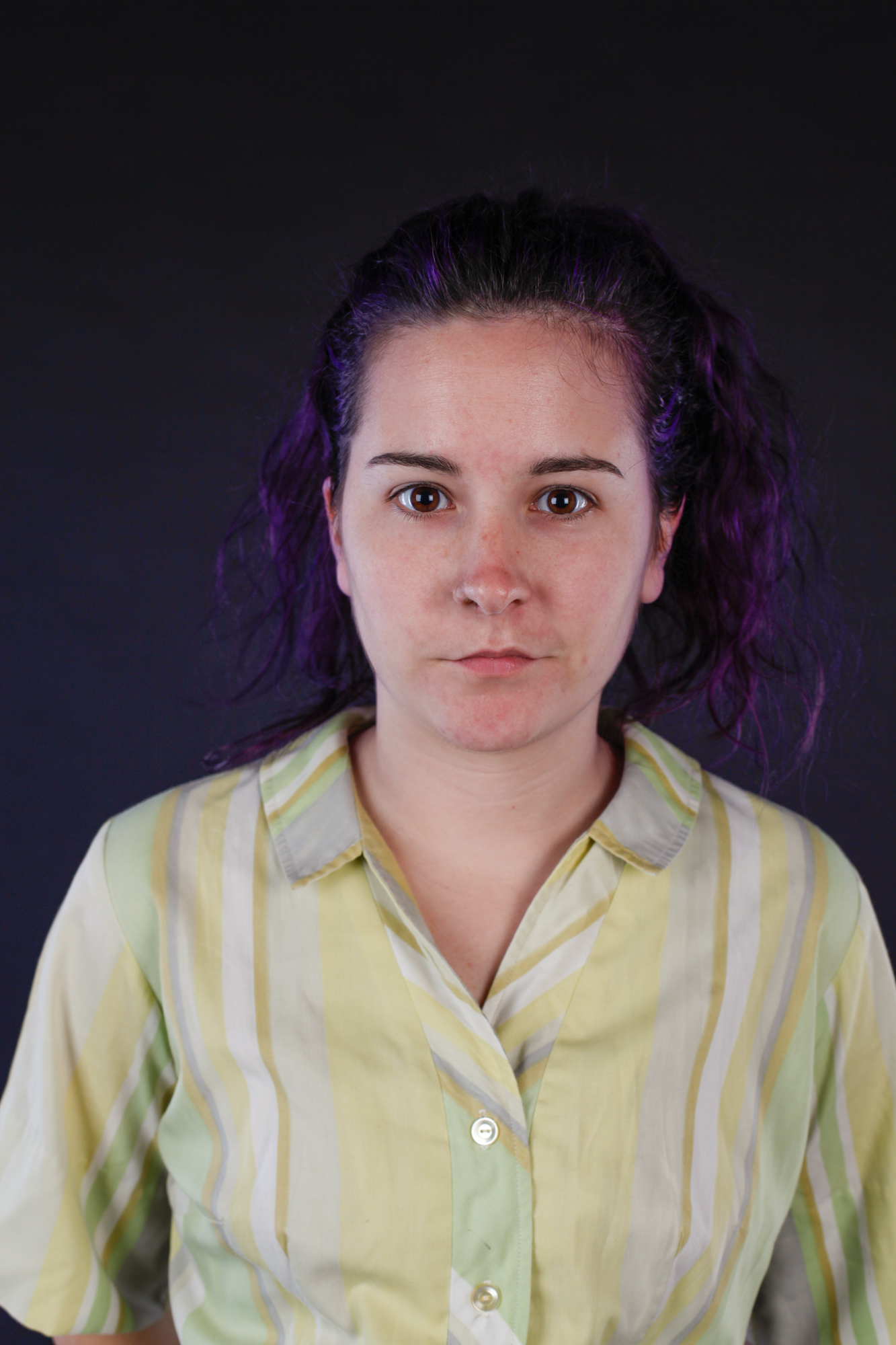
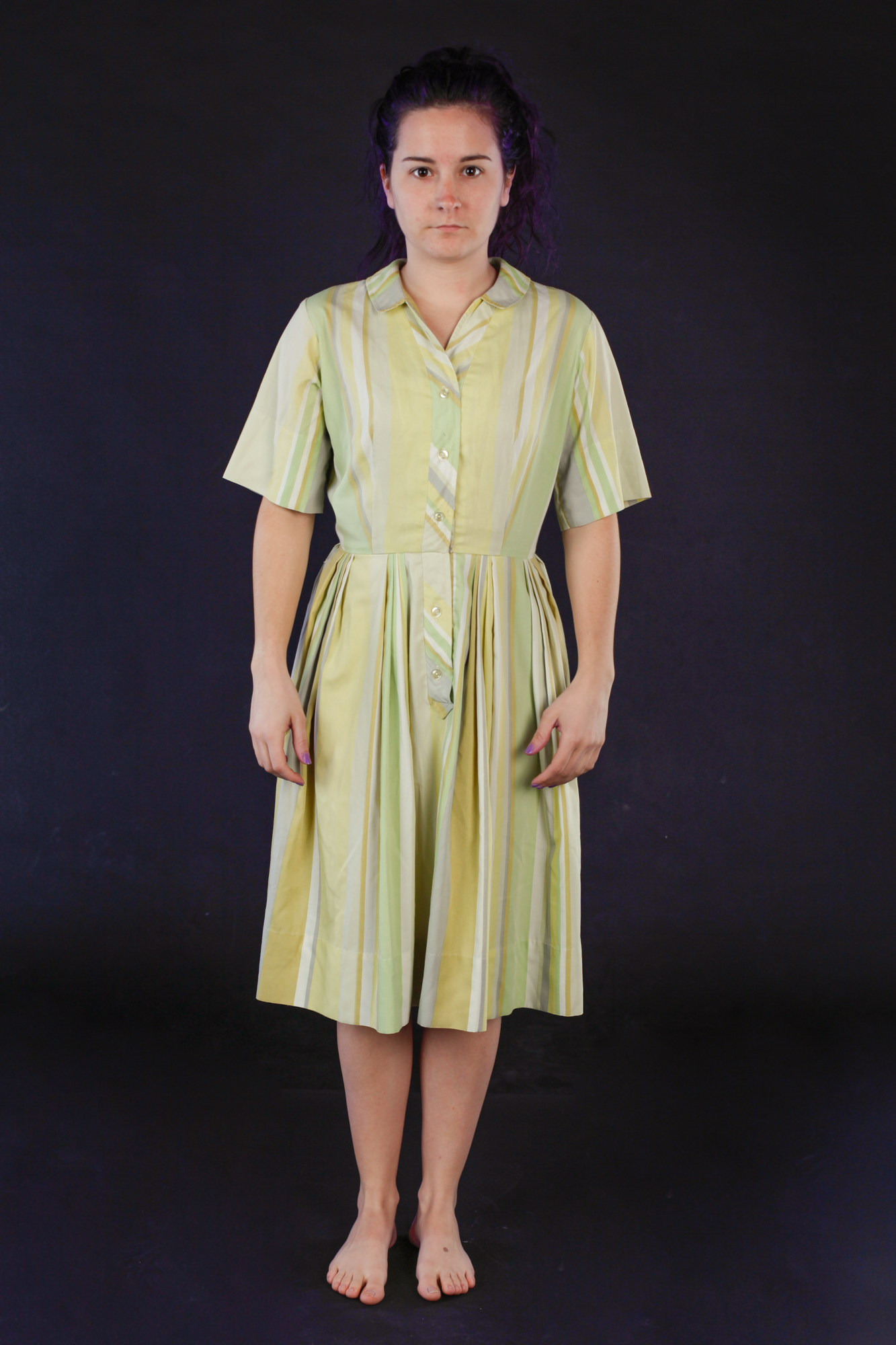
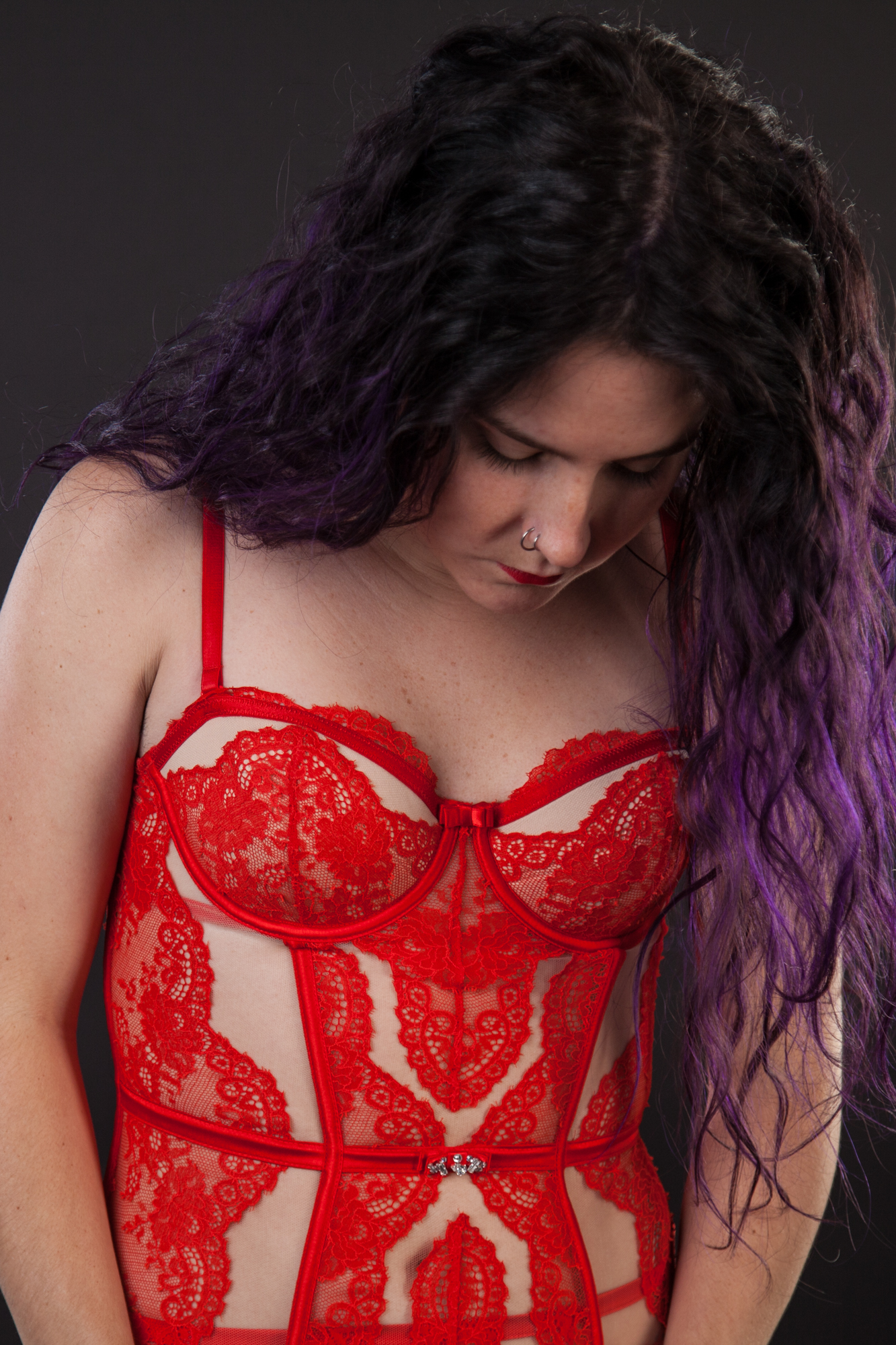
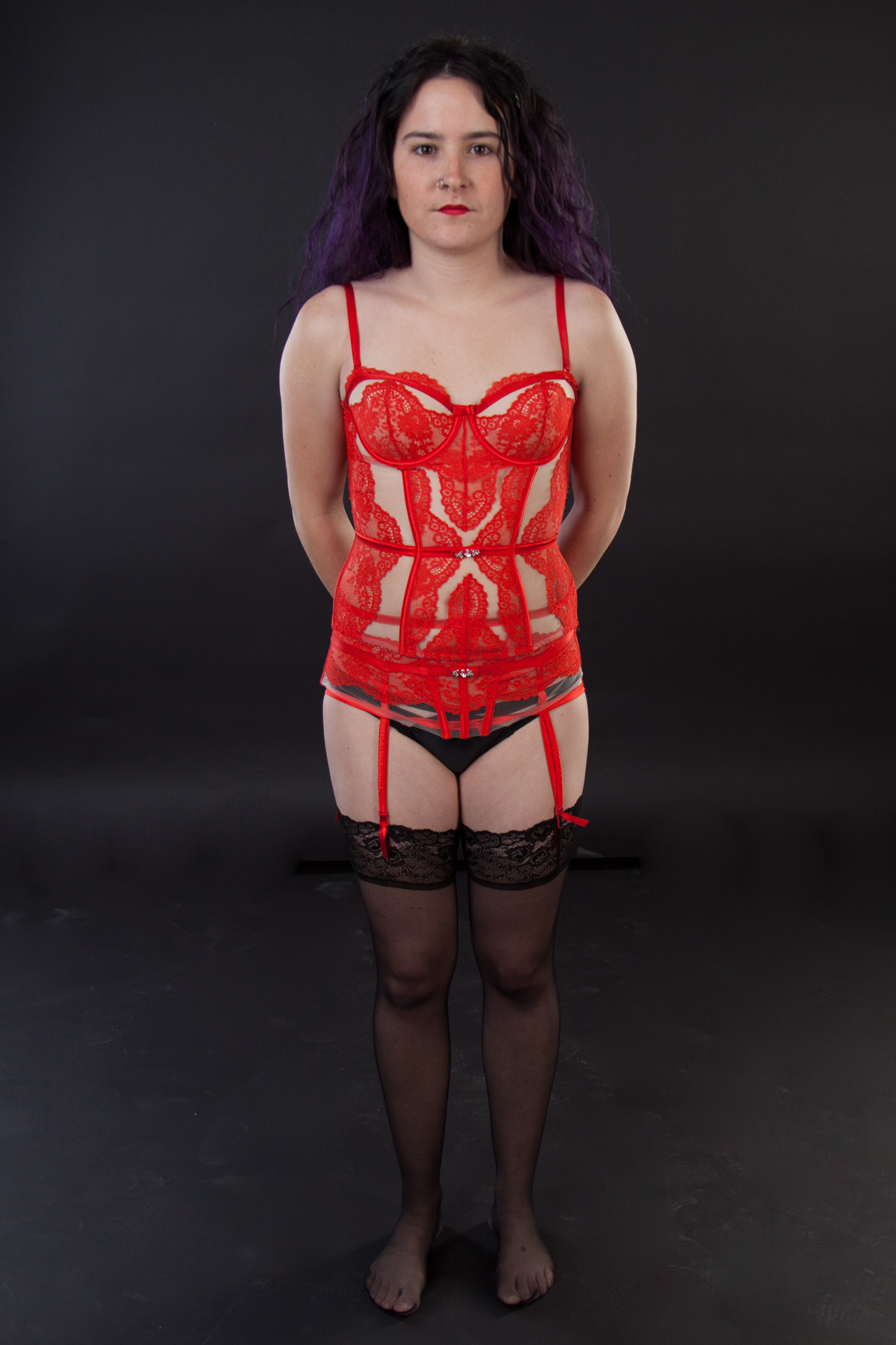

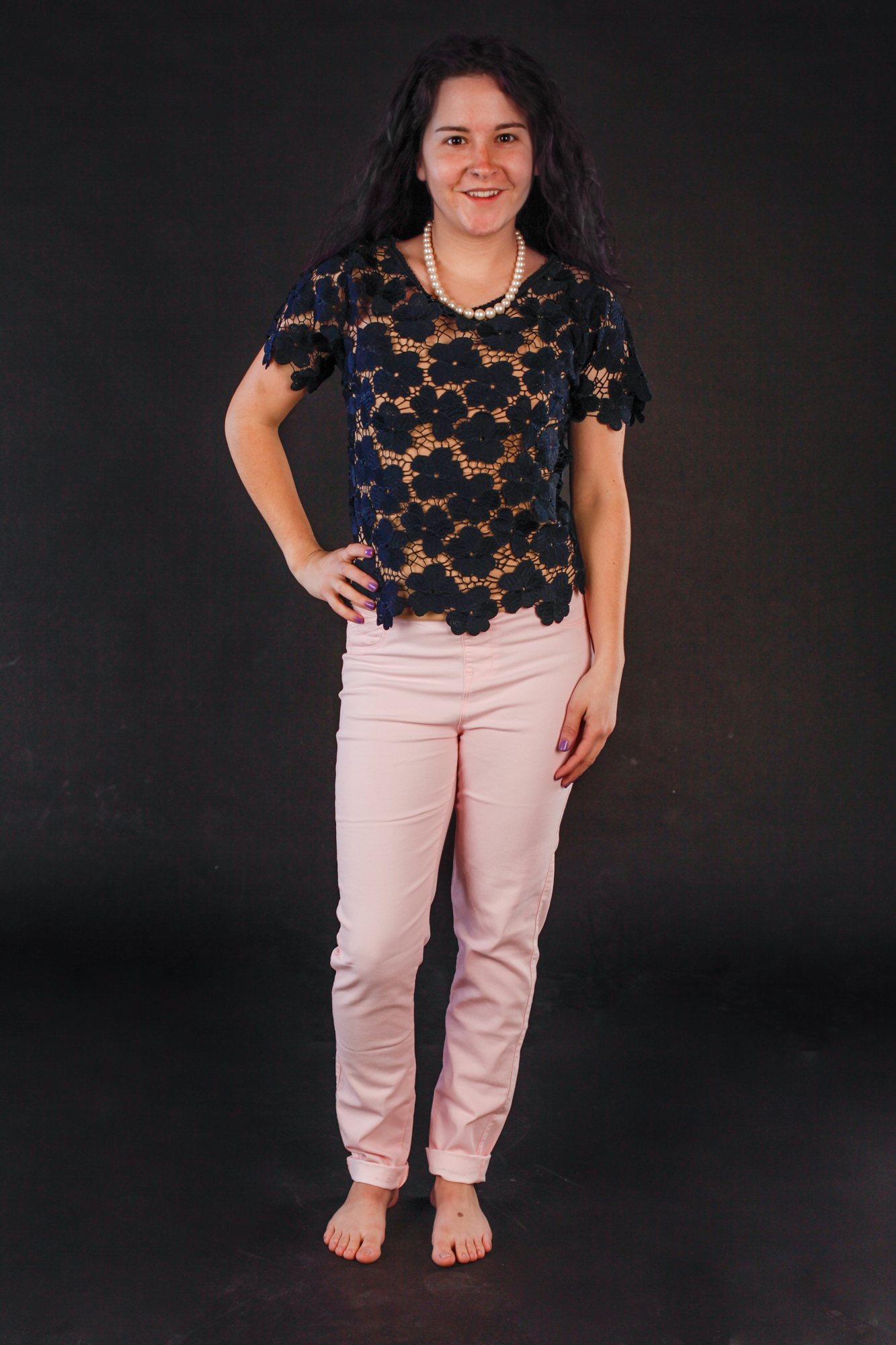
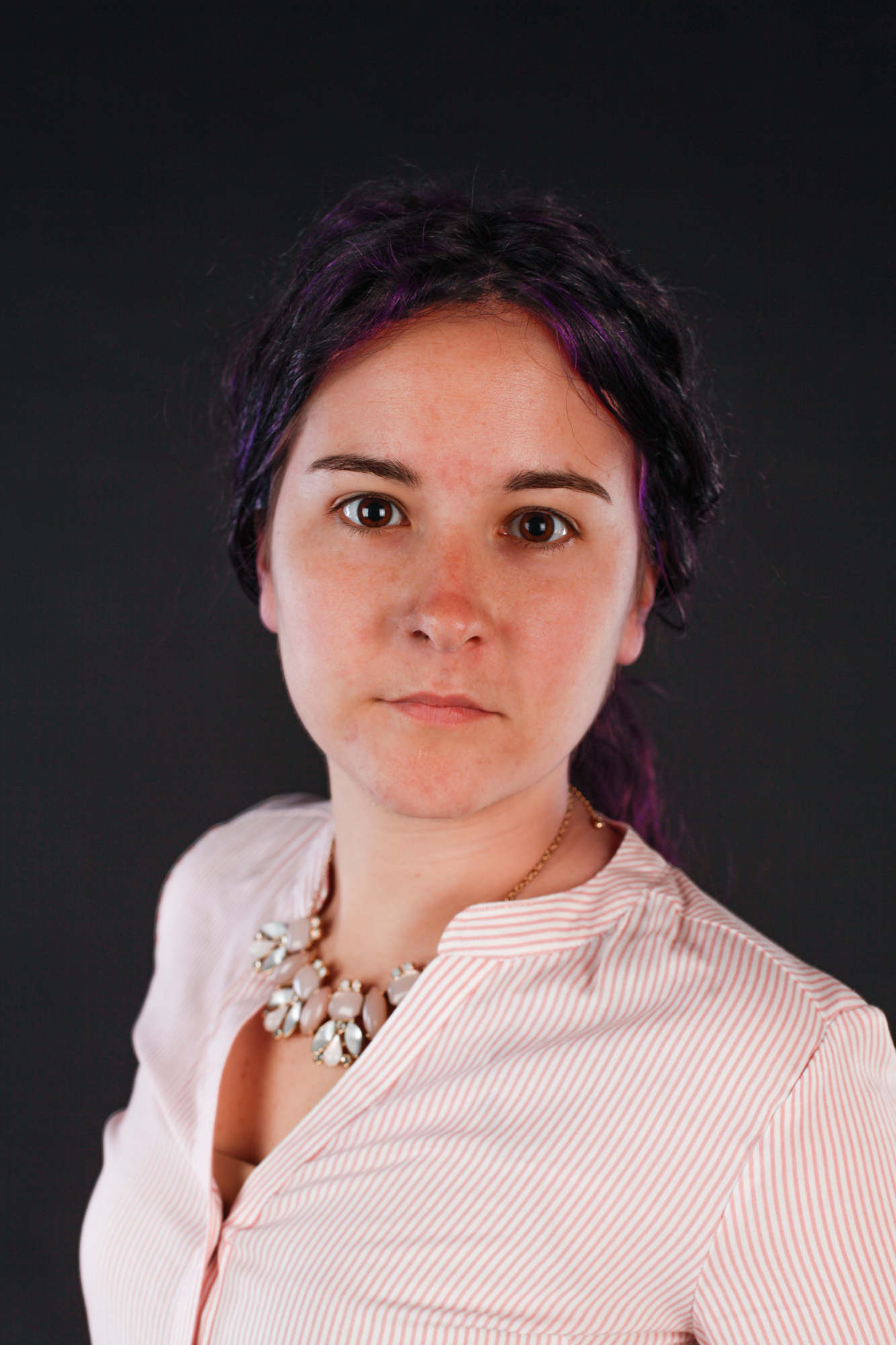
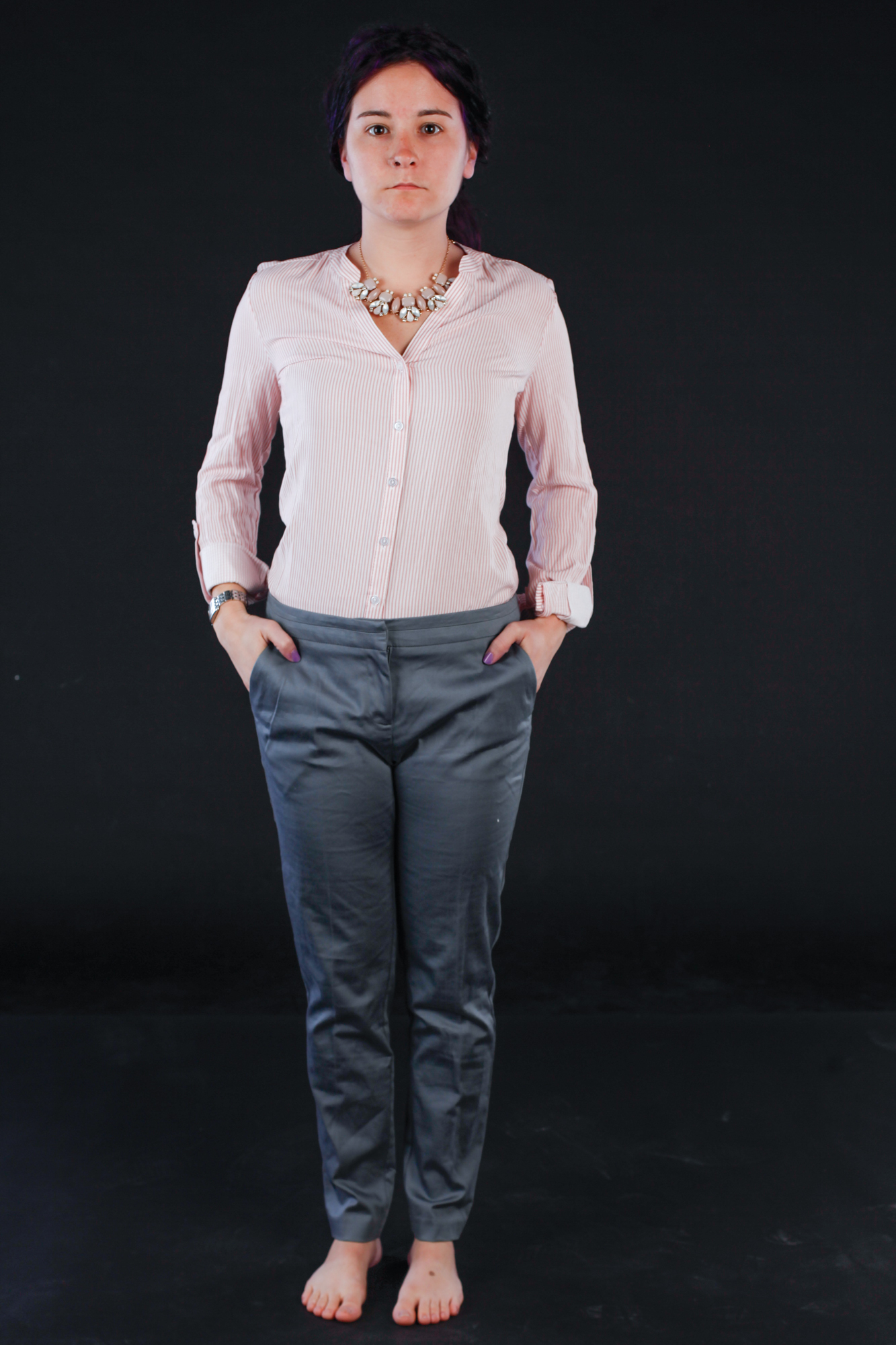
“I wanted a text that wouldn’t cry that wouldn’t vomit sentences, that wouldn’t give premature answers just to make itself look unquestionable. And that’s why the following is not a text written by women for women, because I am not one and I am not just one, but I am a many that says “I.” An “I” against the fiction of the little “me” that acts as if it were universal and mistakes its own cowardice for the right to erase, in the name of others, everything that contradicts it.”
— Sonogram of a Potentiality, D. Machina, & Tiqqunista
I, Taylor Norton, am a female. I am a daughter. A student. I, Taylor Norton, am an American. I am a photographer. A writer. I, Taylor Norton, am Middle Class. I am a yogi. An inquisitor.
I am a little bit of everything and yet, not enough of any one thing.
The genesis of my rethink project was born out of one simple question I asked myself when trying to think of a topic for my final major project: “What am I?” Everyone I talked to about topic ideas for my major project said I should work on a story that I had a direct, personal connection to. It made me question what I was interested in and who I was. I sat down and listed the ways that I defined myself. After writing this list, I realized my own definition of myself was heavily influenced by how others saw me and how others wanted me to be. My life experiences and, concomitantly, my identity, were a product of my gender. I realized so much of how I interacted and responded to the world is because I identify as a female. I have always explored my own sense of self and my own identity, but in a way that never directly reflected my self-image. Photography, for me, was a way to express my artistic vision, my ideas and opinions, and my experiences without revealing the corporeal vessel that incubated it all. I did not want any direct representation of me so I used the camera as a deflector. To rethink my practice, I reversed the direction of the lens, or rather; I reversed the position of my body in relation to the lens.
Society is quick to categorize me and because of this, I have an aversion to ever trying to title myself one way or another. I recognize I am a little bit of a variety of influences. There are five main personas that society projects onto me. I chose to dress in outfits that represent these projections and to take self-portraits as I explored what it meant to take on some elements of the projections while never successfully becoming one of them. When I tried to embody one persona while ignoring the others, an immediate discomfort overtook me. I chose not to ignore this discomfort and my photos are indicative of that acknowledgment. The photos are taken in a studio because these versions fail to exist in my reality.
“She had altered her values in deference to the opinion of others.”
—A Room of One’s Own, Virgina Woolf
Somebody’s Someone
When I told people I was moving to London to obtain a Master’s degree in Photojournalism and Documentary Photography, their response was, “Oh, Taylor, I just know you are going to find someone and fall in love while you are over there.” Not just one person said this to me. My family, coworkers, friends, and even old teachers said to this me. I couldn’t help but notice they all said this as a way to placate me, assuming that I felt bad for being single. They all expected that my natural life progression toward happiness was to get married. It did not cross their minds that my decision to be single was a very intentional one. In the area where I grew up, people go to college, find someone, get a job, buy a house, and make babies. Ideally by the age of 25. It does not matter what I accomplish, people will not be as happy for me as they would be if I told them I was getting married. When I photograph weddings, I hear people tell the bride, “This is the happiest day of your life.” There are very few phrases one could say to me that would make me more upset than that. I have nothing against marriage, but I do have a very real issue with how much weight people put in being married as a defining characteristic of me. It seems as if I am not someone unless I am with somebody.
A Domestic Goddess
Within the past 24 hours, three of my high school friends have gotten engaged. I won’t go into the amount of baby photos filling my Facebook news feed. I am at the age where people are settling down, and I am constantly reminded of that via social media. Social media is how I stay in touch with people, but it also reminds me of how people are living their lives. I rarely use Pinterest, but it is an interesting outlet for people to share their goals for domesticity. I sometimes go to people’s house and it looks as if Pinterest concepts threw up on their walls. As an after-effect of assuming I should get married sooner than later, people also expect me be domesticated. It reminds me of the Stepford Wives and living in suburbia. There’s the ever-present image in my head of the driven housewife wearing her shirtdress running the household. This potential of fulfilling the duties of being a woman is sewn into the dress that I can put on but don’t fill out. I have a fear of losing my identity in the monotony of the domestic life, and yet no one realizes this as they send me pins of good recipes and crafty ways to repurpose household items.
£648
£648 is the cost of making myself attractive for a man’s pleasure. The sum of all the lingerie, waxing, perfumes, and make up used to make myself more approachable. From a young age, I realized that I had something others could take. I grew up fighting this as much as possible. Despite the odds, I became comfortable with my sexuality and always felt that I was an equal participant. But that does not negate the fact that there are men in the world who still see my body as a tool for their personal gain. It was not in my power to give, but rather for men to take pleasure in. The night before I photographed myself for this persona, I was assaulted on the bus by a man who decided that he could throw himself on me and kiss me. While in the studio, I could still feel the power he exerted over me and a quote resonated with me, “To whom does this body belong, which is not really so pretty at all, and that everyone sizes up…To whom does this body belong, this body that grows old, gets fat, gets deformed, and makes me work to maintain it and keep it in conformity with the parameters of what’s desirable?” (Machina, 2011) Even though I felt completely empowered and in control of my body, he so easily took that power away while reminding me that I exist for others, not myself. Sexuality is a commodity that can be used against the body.
A Mother’s Daughter
She simultaneously loves me and resents me. She loves my work ethic that reminds her of herself. She hates the purple hair. She loves that she can fit into my jeans. She hates the nose rings I choose to wear. She thrives in the gossip my life produces for her to share. She does not understand why I do not wear make up or brush my hair. She loves me. She admits that she will never understand me. She also wastes no time in telling me how I should look, in her opinion. Brown, short curly hair with a pearl necklace resting against my collarbone. Nice, clean, colorful clothes that “polish” me off with a full face of makeup. To her, appearance is everything and it should look her way. The ways in which we process the world is different, but she can try to control what I “tell” people through my appearance and she is relentless in her pursuit to make me conform to her style.
Boss Bitch
People either tell me “You’re never going to get a real job with purple hair and two nose rings” or they ask me “What kind of job do you get with a M.A. in Photojournalism?” Their notions of working is a safe commute to 9-5 office jobs and it is projected on me to do the same. I shouldn’t challenge myself or to try and do something “different.” It disturbs me that people expect me to take a job in a work force where many women are described as “bitches” while men are described as “leaders.” I picked a business casual outfit to wear because I saw no reason to buy a formal business suit when the discrepancy in gender exists in top-level positions. The only decoration I will get in the “normal” workforce would be the necklace I choose to put on to match my outfit.